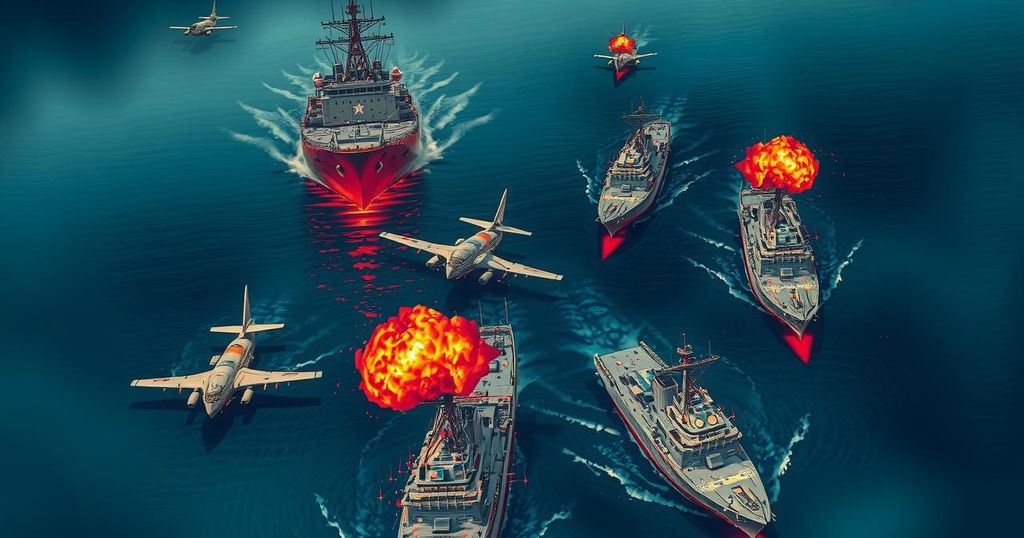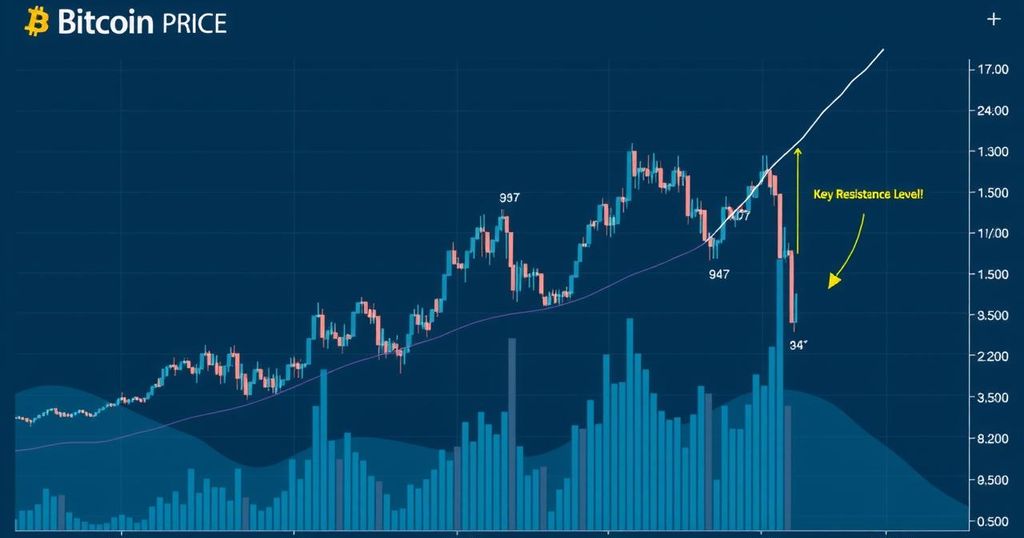Politics
ASIA, CHINA, COVID-19 PANDEMIC, CURRENT_AFFAIRS, DEFENSE, EUROPE/ASIA, GEN NAKATANI, HEGSETH, JAPAN, KI, KIYOSHI OTA, LEADERSHIP, LIFESTYLE, MEXICO, MINISTRY, MINISTRY OF DEFENSE, NATIONAL SECURITY, NORTH AMERICA, NORTH KOREA, OF, OF DEFENSE, PETE HEGSETH, S. DEFENSE, TOKYO, TURKEY, U. S
Clara Montgomery
U.S. Defense Secretary Hegseth Affirms Japan’s Vital Role Against Chinese Aggression
U.S. Defense Secretary Pete Hegseth visited Japan to discuss strengthening military cooperation in response to Chinese aggression. He called Japan an “indispensable partner” and announced the creation of a new war-fighting headquarters. The countries agreed to enhance their missile capabilities and integrate their defensive operations. Hegseth emphasized the need for robust deterrence in the Indo-Pacific region, particularly concerning Taiwan.
On March 30, 2025, U.S. Defense Secretary Pete Hegseth met with Japanese Prime Minister Shigeru Ishiba and Defense Minister Gen Nakatani to reinforce military collaboration amid rising threats from China and ongoing North Korean developments. During the meeting, he underscored Japan’s role as an “indispensable partner” in countering Chinese military expansion and announced the enhancement of U.S. military command in Japan to a new “war-fighting headquarters.”
In a statement highlighting U.S.-Japan relations, Hegseth emphasized the urgency for both nations to increase their military capabilities in response to potential threats, particularly regarding Taiwan. He assured Japan of U.S. commitment to regional deterrence, especially during a time of uncertainty brought on by prior U.S. administration policies.
The two nations agreed to expedite the joint development and production of missiles, including Advanced Medium-Range Air to Air Missiles (MRAAM) and SM-6 surface-to-air missiles. This collaboration aims to address munitions shortages and enhance both countries’ defense industries while also expediting the maintenance of American military assets stationed in Japan.
As part of their ongoing strategy, Japan has established the Japan Joint Operations Command (JJOC), designed to integrate various branches of its Self-Defense Forces. Hegseth announced plans to elevate the structure of U.S. Forces Japan, including a unified operational commander to facilitate joint operational effectiveness.
Hegseth reaffirmed America’s commitment to peace while maintaining preparedness for potential conflicts, indicating the necessity for a strong defense, especially on Japan’s Southwestern islands due to their strategic significance against Chinese aggression. Both leaders recognized the importance of credible deterrence in the Indo-Pacific region, especially as tensions surrounding Taiwan persist.
Additionally, Hegseth participated in a joint memorial to honor the lives lost during the Battle of Iwo Jima, commemorating the historical alliance between the U.S. and Japan. Before his visit to Japan, Hegseth also met with officials in the Philippines to strengthen relations amid regional maritime tensions with China.
In conclusion, Defense Secretary Pete Hegseth’s visit to Japan underscores the pivotal role the nation plays in deterring Chinese military aggression. The discussions led to commitments to strengthen military collaboration and accelerate joint defense initiatives, reinforcing the importance of readiness in facing emerging regional threats. As both nations work together to enhance their strategic capabilities, the focus on deterrence in the Indo-Pacific remains paramount.
Original Source: apnews.com








Post Comment